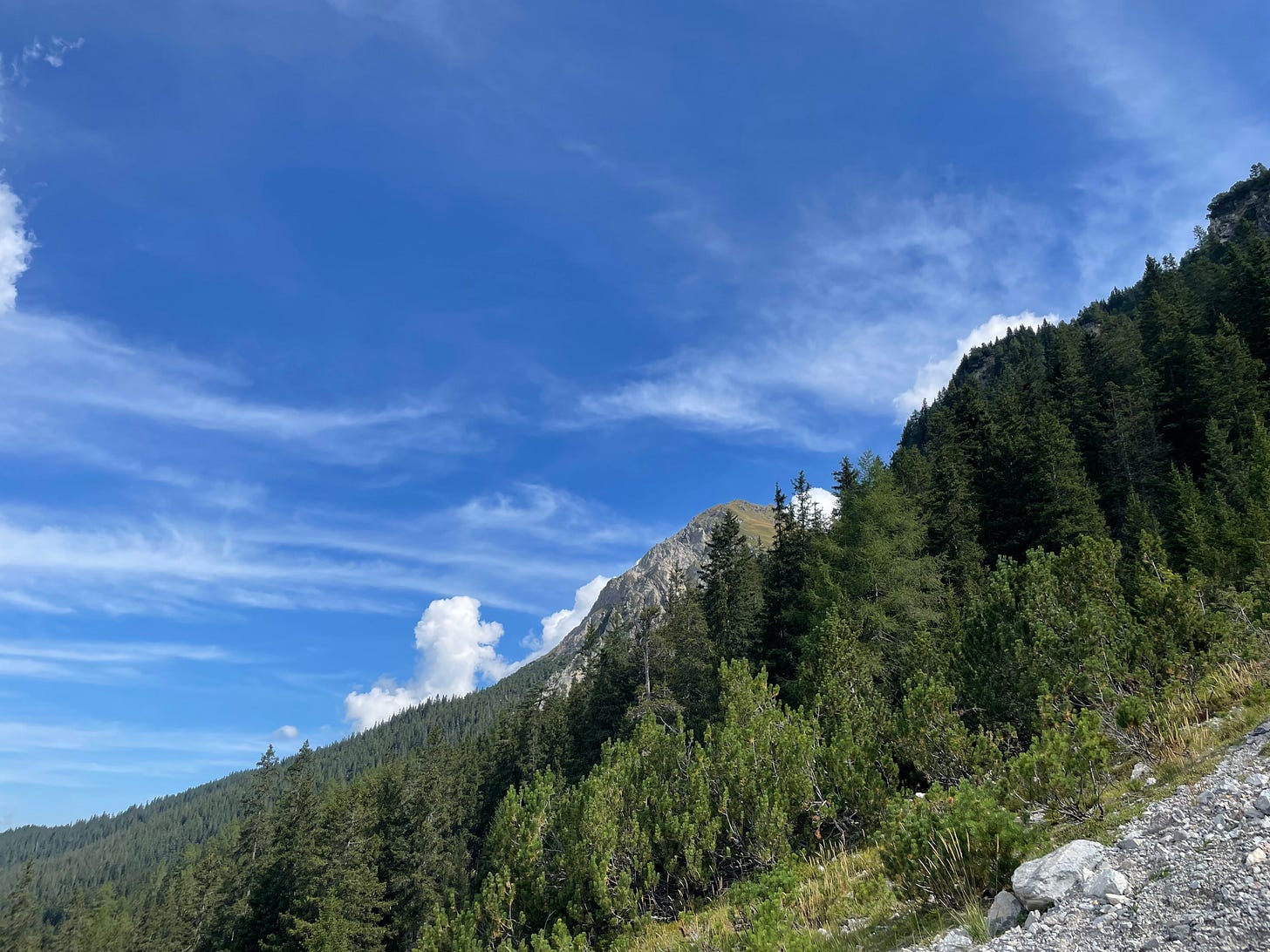Polemicisation and the Formation of Ideology
How to go from two weeks to crush the curve to flu season mask mandates forever.
Apparently, UC Berkeley will now be imposing indefinite mask mandates during flu season on everyone who has not received a flu vaccine. It’s worth asking how we got to this point, where two weeks to crush the curve have become a permanent amorphous crusade against seasonal respiratory infections in general.
The question is related to another, much broader problem I like to puzzle over: Where, exactly, do political ideologies come from? How do they acquire their specific features? It would be good to know, because somewhere in the months following March 2020, an entire containment ideology emerged before our very eyes, complete with millions of committed adherents, well-defined leadership and thinkers, and a semi-stable list of core doctrines. At the very top of this list is the unshakeable belief that wearing a face mask is morally and hygienically laudable, even necessary if you wish to be a healthy and responsible human being. That sounds crazy, but it’s what these people believe, and the adherents of containment ideology will never stop masking and demanding mask mandates and making their children mask. It is for them a deep ideological commitment.
The distribution of containment ideology provides some clues as to what’s going on here. Highly politicised university campuses, particularly in the United States, are where the most extreme devotees are to be found. And the US in general has some of the most vocal containment ideologues in the world—people like Eric Feigl-Ding and Yaneer Bar-Yam. Somehow, places which have been subject to stricter and much more uniform restrictions, like Germany, have far fewer containment ideologues running around. It’s hard to imagine that any European country, even those which imposed some of the most strictly enforced mask mandates during the pandemic, would ever enact permanent rules like those envisioned by UC Berkeley administrators.
Another thing to notice, is that most of the key containment doctrines are patently worthless and have been demonstrated, again and again, to have little or no effect on the virus. Nothing else in the pandemicist arsenal has been as thoroughly discredited as masking. I very much doubt it’s an accident, that precisely this measure, among all the other garbage we’ve tried, should have acquired such a central place in the canon.
I once suggested thinking about ideologies as systems of belief that have come to prominence, not because they are right or beneficial or predictive, but because they grant their adherents specific institutional advantages. There are many ideas and proposals about what we should do or how we should think about cultural, political, or social matters. Those ideas that benefit enough people (or the right people) in enough places (or the right places) are fused into broader, coherent ideological systems that adherents can wield for specific advantage.
That’s a selective influence—a mechanism which chooses what kinds of ideas can make it into prominent ideological systems in the first place. But there is a separate body of influencing factors that shape the content of the ideology itself, even as it is being adopted. A major force that has profoundly influenced containment ideology, is what I’d call polemicisation. By this, I mean that at an early formative stage, adherents of containment ideology engaged in open advocacy and polemic on behalf of their desired measures. They were met with counter-arguments and scepticism, and they changed their own rationalisations and ultimately their own beliefs to be less refutable and more robust to the invective of opponents. One of the main things they did to achieve this, was insist on ever lower standards of acceptable risk when it comes to viral pathogens. Another thing they did, was insist on the enormous efficacy of their proposed interventions. So, because of the Oma and the immunocompromised and Long Covid, masking is never too much to ask, and masking is super effective at preventing all kinds of bad outcomes. This indeed granted the containment ideologues some measure of rhetorical victory in the moment, but it also reframed the purpose of masking so totally, that it became hard to understand why you shouldn’t mask literally all the time, every flu season, even in a hypothetical world where SARS-2 has been eradicated. Polemicisation has profoundly influenced many other aspects of containment ideology as well, and nothing so much as the entire complex of beliefs surrounding vaccination.
So, containment ideology is most at home in those environments which have most profoundly shaped it—places like the United States, where mask mandates were never so thoroughly enforced and could become a sign of political allegiance, and a badge of the Science Followers. And the most polemicising influence has been worked precisely upon the least defensible positions, where the early ideologues fought their most fearsome rhetorical battles.
Leftist ideology also bears many signs of polmecisitation, and I think this is one of the reasons why the containment ideologues have such a leftist or leftist-adjacent feel to them. These are ideological systems formed by people who see themselves as advocates and reformers and outsiders to power, even as they preside over student life committees, where they impose unwanted pharmaceutical products on thousands of healthy twenty year-olds.
Source: eugyppius: a plague chronicle


No comments:
Post a Comment